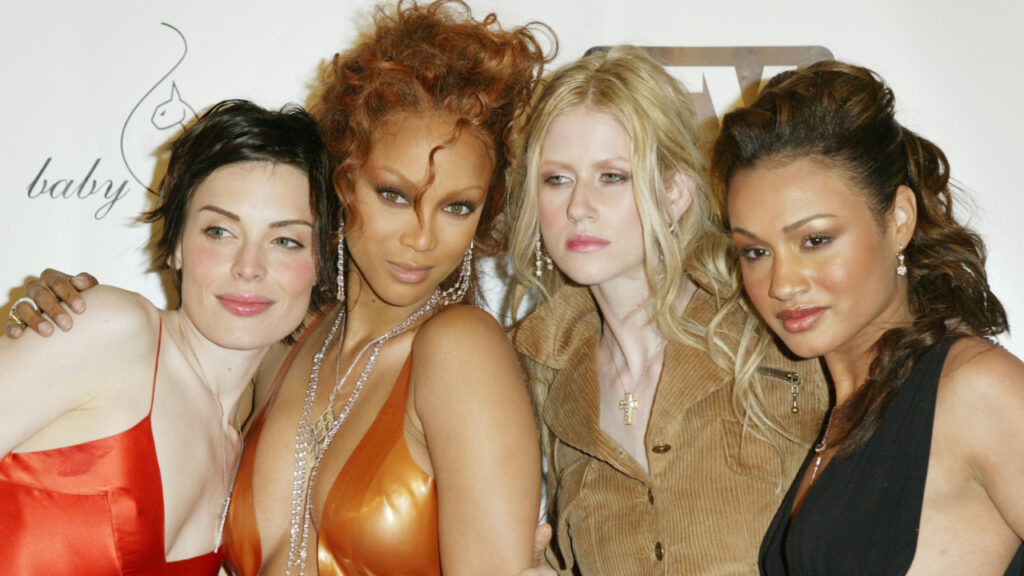
Shakira’s Views on Barbie and Emasculation Causes a Stir on Social Media
Shakira definitely does not want her children to be Ken. Despite the worldwide success of the Barbie movie, the Colombian star doesn’t seem to agree at all with the feminist precept of Greta Gerwig’s film.
The She-Wolf singer has blown everyone away with her opinion on 21st-century feminism, particularly regarding her two sons.
Shakira and ’emasculation’
The Colombian star said in a recent interview with Allure that her sons “absolutely hated” Barbie. “They felt that it was emasculating. And I agree, to a certain extent.”
“I’m raising two boys. I want ’em to feel powerful too [while] respecting women,” she added.
For a woman who became famous for her rebound songs and who turned her ex-husband’s infidelity into a feminist anthem, these kinds of statements are contradictory, to say the least.
Apparently, Shakira is navigating the nuances of raising men amid a wave of feminism like no other.
“I like pop culture when it attempts to empower women without robbing men of their possibility to be men, to also protect and provide,” she said, adding she believes “in giving women all the tools and the trust that we can do it all without losing our essence, without losing our femininity.”
“I think that men have a purpose in society and women have another purpose as well. We complement each other, and that complement should not be lost.”
According to the singer, ‘just because a woman can do it all doesn’t mean she should.’
For an empowered woman like Shakira, famous worldwide and with many millions to her name, the diatribe of being a “good feminist” seems… complicated?
“A domesticated girl, that’s all you ask of me,” the Colombian star once sang. However, for her, it’s not all black and white.
About the cover of her 2005 album, “Oral Fixation Vol. 2.,” Shakira told Allure, misogynists created Eve to put women in the little box where we have to remain silent, not speak our minds, and not be a catalyst for change.”
And her positions on feminist “emasculation,” while contradictory, seem to be precisely a response to the pigeonholing of women’s experience.

Is it a case of Marianismo?
Shakira does not escape the constant reflection that we Latinas have about feminism. In our socio-historical context, we call this “Marianismo.”
In their book, “The Maria Paradox,” psychotherapists Gil and Vasquez (1996) stated that marianismo provided women with respect and protection within traditional societies, but “in today’s North America, marianismo is the invisible yoke that binds capable, intelligent, ambitious Latinas.”
Latinas must juggle all their responsibilities, and we carry the weight of home and careers on our shoulders. We are always beautiful, our makeup is on point, and we are never exhausted.

Are we then empowered women in our sexuality, in our femininity, as long as gender roles remain unchanged?
This seems to be the Shakira contradiction. A mutation of feminism in the age of spite, with which macho men seem to agree.
According to The Guardian, Shakira’s views on Barbie, which has so far grossed $1.4bn at the worldwide box office, have been “endorsed by a number of conservative commentators,” including Piers Morgan, who posted a message on social media saying, “Hurrah for @shakira – finally, a high-profile woman prepared to stand up for men being men.”
Shakira’s comments quickly raised eyebrows among social media users.
In a discussion on Reddit that Buzzfeed brought to light, users have made it clear that Shakira’s stances against Barbie have not fallen on good ears.
“Raise more secure men. I loved the movie,” one user wrote. “It’s baffling ngl because Barbie’s narrative dedicated so much time to Ken and his storyline/character development and went out of its way to sympathize with his internal struggles and insecurities, and people still got mad,” another added.
Likewise, users on X (former Twitter) had this to say: “If your sons hated a freaking Barbie movie because they felt ’emasculated,’ then you have failed to raise them correctly like that’s on you, beautiful,” one user wrote.
“Shakira spoke like the antiquated gen xer she is,” another wrote. “Fight your dad about it. She stuck in 1998.”
For others, the singer’s comments are indicative of the internalized machismo of many Latina mothers.
“Shakira is a Latina boy mom. We cannot be shocked, I fear,” they wrote.




